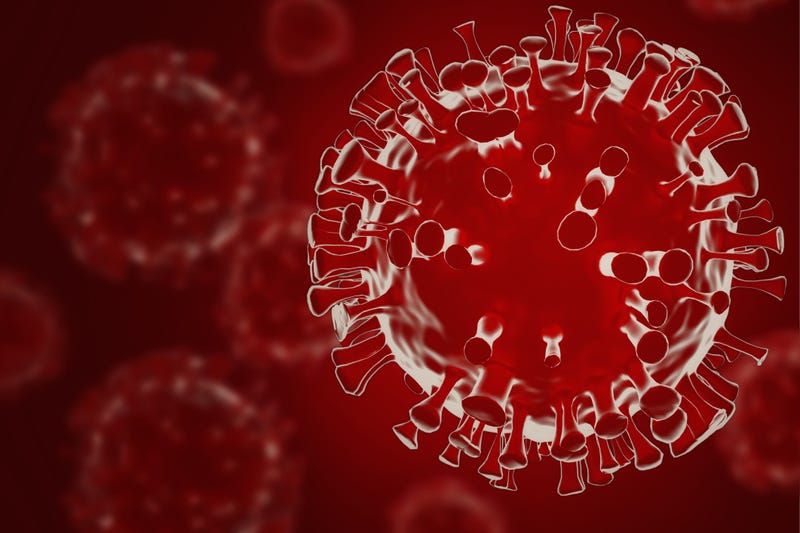
In California, and in the Bay Area, it appears as if the COVID-19 surge caused by an uptick in delta variant cases might have peaked.
The number of new cases has slowed down, and although it’s a little too early to tell, it’s likely that the number will plateau.
"Let’s hope it stays that way," said Dr. Andrew Noymer, epidemiologist and demographer with UC Irvine on Thursday’s Ask an Expert. “We’re in a period of uncertainty because school is starting.”
More positive cases have been cropping in the last week as schools reopened for in-person learning. Some districts, like Oakland, are unsure if school should continue at this rate.
The state of the virus hinges on the rate of vaccinations. California is pretty high up there in vaccination rates, said Noymer, although some states like Vermont and Massachusetts are doing better, he told KCBS Radio’s Holly Quan and Dan Mitchinson on Thursday.
"As long as we’re connected to other states there’s going to be a COVID-19 epidemic," he said. We need to vaccinate the country, and the whole world, to stay on track, said Noymer.
In the meantime, anyone who comes into contact with someone who has tested positive should wait three to five days before getting tested, Noymer advised. Any sooner than that and the virus might not be detectable.
And researchers are looking into the efficacy of various vaccines against the delta variant.
A vaccine used primarily in Europe, Astrazeneca, is now being considered as possibly more effective in combating the delta variant than other vaccines. "It’s possible that the mRNA vaccines like Pfizer and Moderna...fade faster than the Astrazeneca vaccine," said Noymer.
But it’s still early days, he said. Ultimately, "Any vaccination is better than no vaccination."

